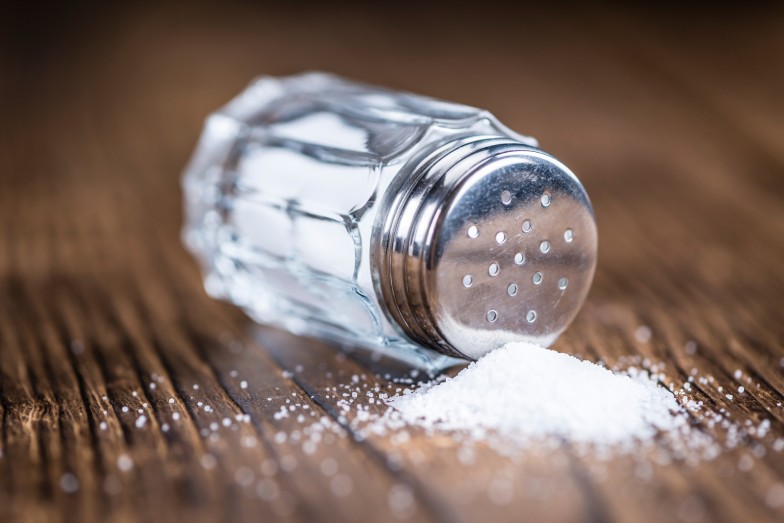
5 things that could be making your period cramps worse!
Unfortunately, cramps are an unavoidable side effect of that unpleasant time of the month.
They are a bummer, but did you know that some things in your daily lifestyle could be making them worse? Your diet and everyday life can affect your cramps, so if you find yourself in extra pain, ask yourself if you are doing any of the following.

Having that glass of wine (or other alcoholic beverage)
I know, I know … alcohol is supposed to be our way of relaxing. I, too, enjoy a glass of wine after a hard day. However, alcohol is not your friend at this time of the month. Even though it may seem like that glass of wine is suppressing your cramp pain, it could be making it worse. The problem with alcohol is that it makes you retain water, which can lead to bloating and inflammation. It can also deplete your body’s supply of magnesium and water, which are both important for relief of cramping.

Drinking coffee
If you enjoy a cup of joe in the morning, but you’re on your period, maybe reconsider. Caffeine in drinks such as coffee or green tea constricts our blood vessels. This can then increase tension throughout the body, making our cramps worse. Try cutting back to see if your cramps subside.

Consuming more salt than needed
When you eat salty foods, your body retains water, which contributes to bloating. Similar to alcohol, when you consume too much salt, you could increase your chance of inflammation and pain. Try cutting back when it’s your time of the month.

Sitting all day
If you have a job that has you sitting all day, you’re not giving your body a chance to move. Exercise can really reduce the amount of cramps and bloating you are experiencing. Try opting for some light exercises like walking or pilates and see if your pain minimizes.
When in doubt, consult your doctor.
If your period pain is extreme, it’s good to consult your doctor to see if there is an underlying issue. A few issues that can cause period pain include endometriosis, pelvic inflammatory disease, fibroids, and ovarian cysts. So please consult your doctor to find the root of the issue.






